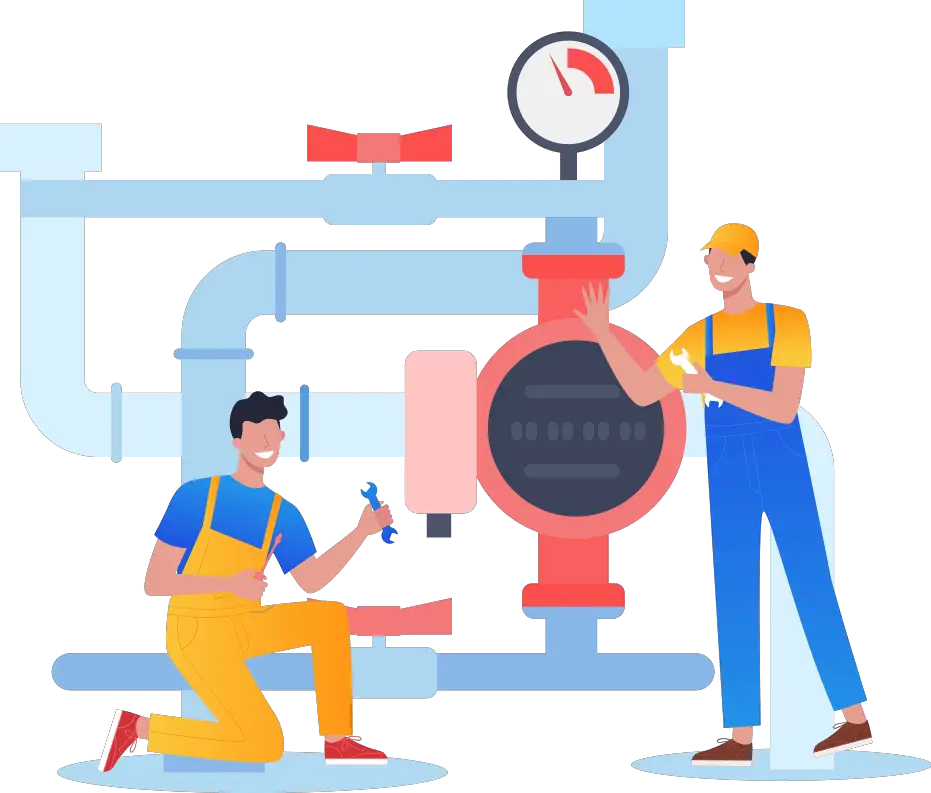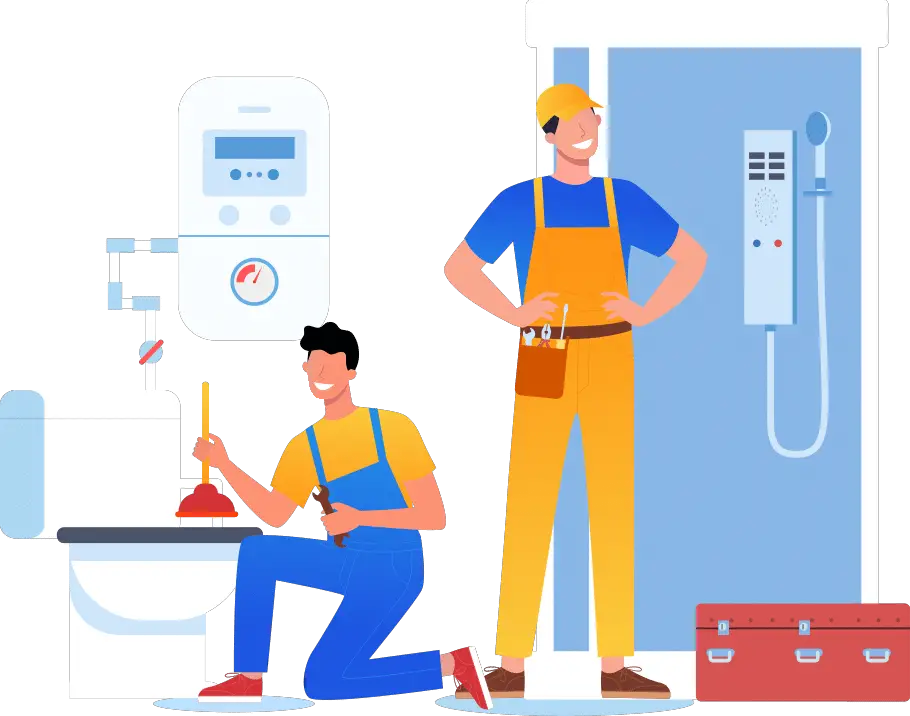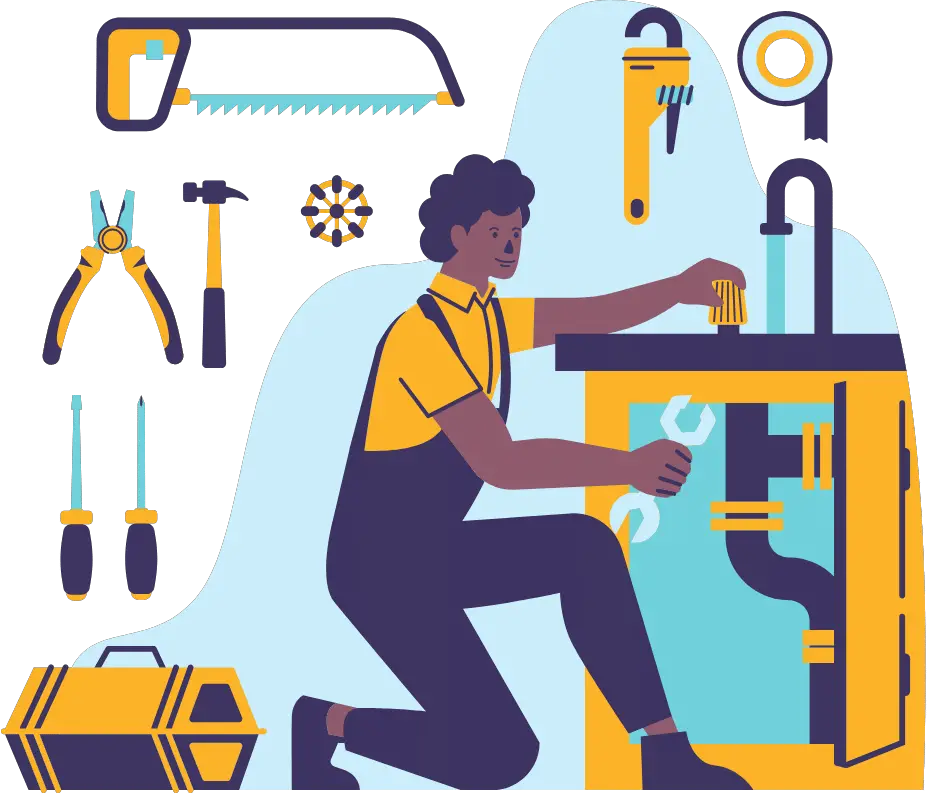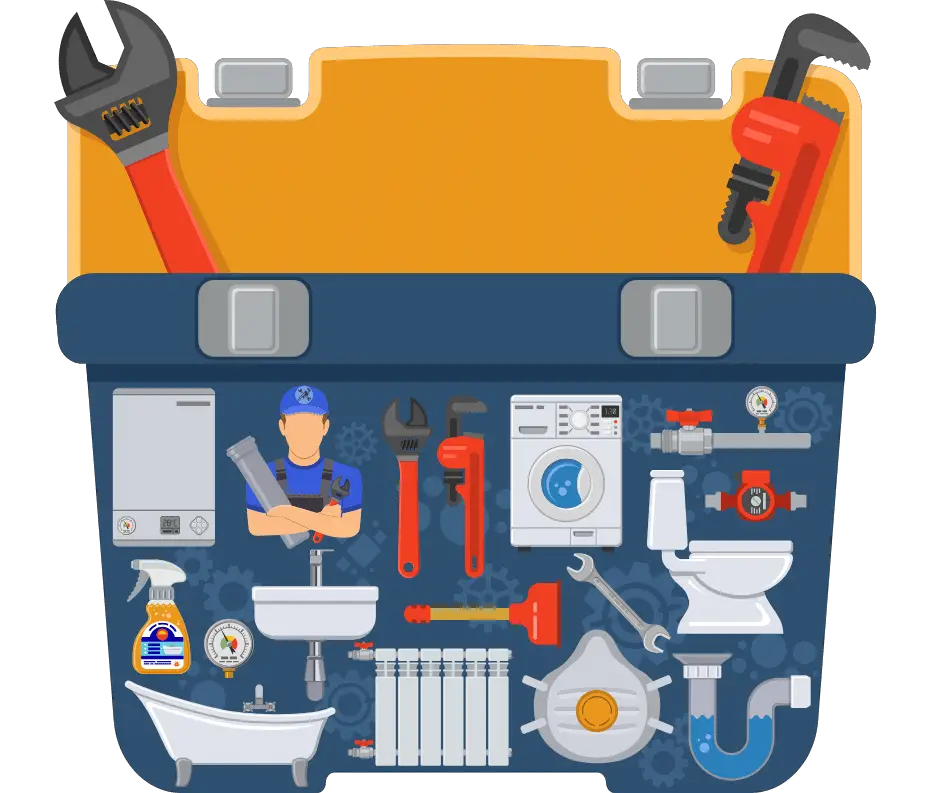
The Evolution of Plumbing Warehouses
The history of plumbing dates back to ancient civilizations, with the earliest known plumbing system found in the Indus River Valley around 4000-3000 BC, using copper pipes for freshwater supply. Ancient Egyptians developed techniques that created copper alloys, leading to their early piping systems around 2500 BCE. 3000 BCE likely created the first sanitation systems for upper-class Mesopotamia, while the first urban sanitation systems were developed by Harappa, Rakhigarhi, and the town of Mohenjo-Daro around 2600-1800 BCE.
Over the centuries, plumbing innovations continued to emerge:







